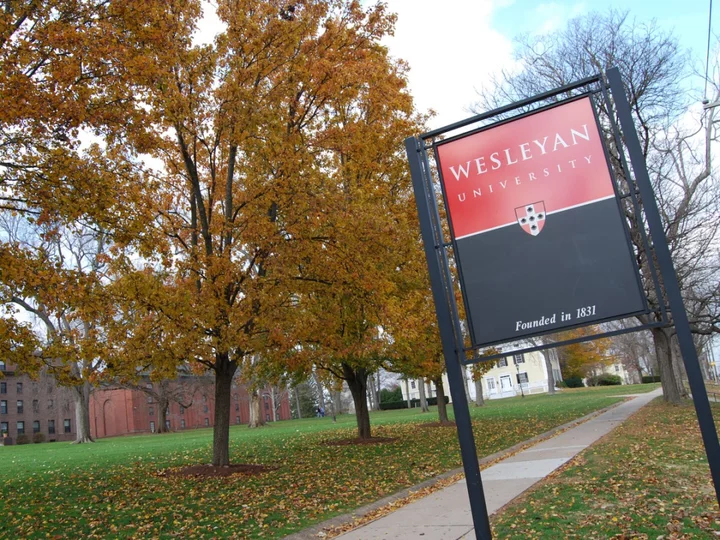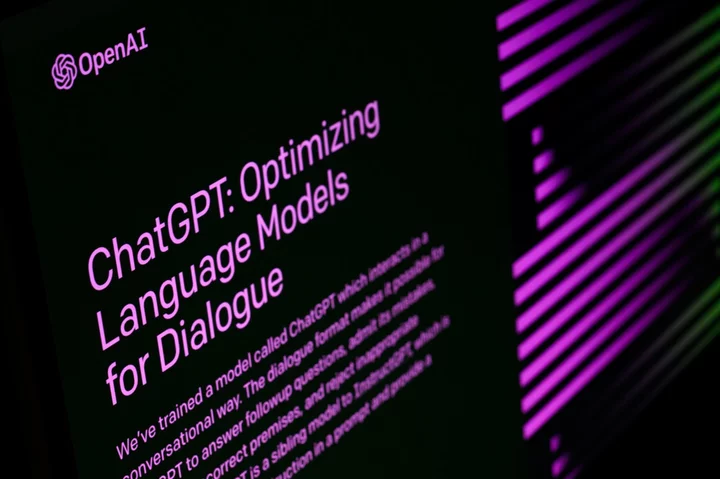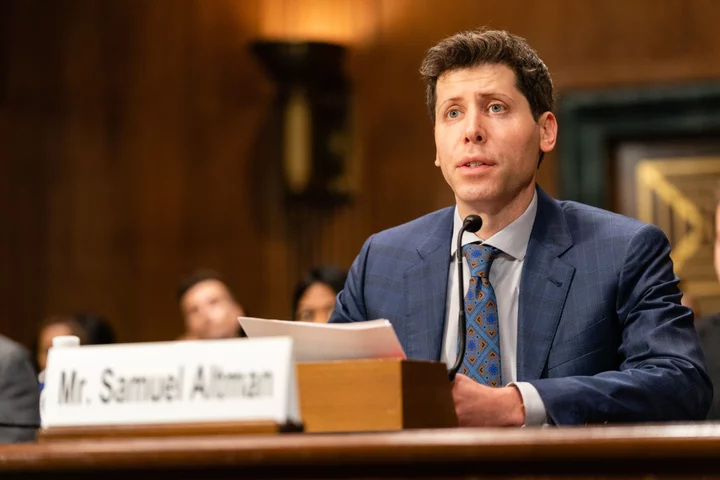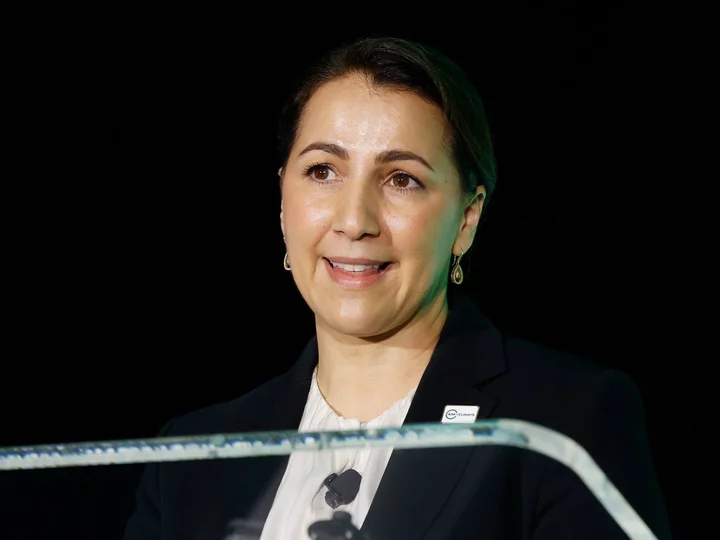An elite liberal arts university has taken steps in re-evaluating its admission process by ending legacy preferences following the Supreme Court’s decision to strike down affirmative action. Wesleyan University, a private college in Connecticut, announced in a letter on Wednesday that terminating its use of legacy admissions would benefit diversity on campus and cited the Court’s ruling as a catalyst in the decision. “In the wake of the recent Supreme Court decision regarding affirmative action, we believe it important to formally end admissions preference for ‘legacy applicants,’” Wesleyan University President Michael S Roth wrote. “We still value the ongoing relationships that come from multi-generational Wesleyan attendance, but there will be no ‘bump’ in the selection process.” The school is the first prominent higher education institution to end legacy admissions following the Court’s decision to end affirmative action in June. Going forward, Wesleyan said it will promote a diverse student body by recruiting students from areas across the US outside of big cities and coasts, recruiting veterans and investing in a pipeline to recruit community college graduates. They also plan to increase financial aid support by normalising a three-year option, creating a scholarship program to recruit and support undergraduates from Africa and developing more free-credit bearing courses online. In his letter, Mr Roth clarified that an applicant’s connection to the university has never guaranteed them a spot and family members of alumni are admitted on their own merits “as has been almost always the case for a long time.” The announcement marks Wesleyan’s formal ending of any legacy-based admissions. Wesleyan joins a small group of other colleges and universities that have ended legacy admissions like Amherst College which concluded legacy preference in 2021, John Hopkins University which made the decision in 2020 and Massachusetts Institute of Technology (MIT) which has never considered legacy. For more than 20 years, colleges and universities have used affirmative action to help establish a diverse pool of accepted students. Race is not used as the sole factor in determining a student’s acceptance but it can be considered if there are two applicants with nearly identical qualifications that meet or exceed the school’s application standard. Mr Roth echoed this in his letter, saying Wesleyan “has never fixated on a checked box indicating a student’s racial identification” and has always taken a “holistic view” by looking at applicants’ records, letters of recommendation, college essays and more. But in a 6-3 decision last month, the Court struck down the long-used tool in two consolidated cases: Students for Fair Admissions v Harvard and Students for Fair Admissions v University of North Carolina. Now, institutions of higher education can no longer consider race as a factor unless a student volunteers information about their race or culture in their personal essay. Advocates of affirmative action called on colleges and universities to re-evaluate their admissions processes and establish other methods of cultivating a diverse campus. President Joe Biden encouraged schools to “not abandon their commitment to ensuring student bodies of diverse backgrounds” and directed the Department of Education to analyse practices that hold diversity back. Those practices include legacy admissions which Mr Biden said, “expands privilege instead of opportunity.” Read More Supreme Court strikes down affirmative action, banning colleges from factoring race in admissions Slim majority of Americans support Supreme Court’s affirmative action ruling, but most believe politics rules the court Harvard sued over ‘legacy admissions’ after Supreme Court targets affirmative action Biden condemns Supreme Court striking down affirmative action: ‘This is not a normal court’
An elite liberal arts university has taken steps in re-evaluating its admission process by ending legacy preferences following the Supreme Court’s decision to strike down affirmative action.
Wesleyan University, a private college in Connecticut, announced in a letter on Wednesday that terminating its use of legacy admissions would benefit diversity on campus and cited the Court’s ruling as a catalyst in the decision.
“In the wake of the recent Supreme Court decision regarding affirmative action, we believe it important to formally end admissions preference for ‘legacy applicants,’” Wesleyan University President Michael S Roth wrote.
“We still value the ongoing relationships that come from multi-generational Wesleyan attendance, but there will be no ‘bump’ in the selection process.”
The school is the first prominent higher education institution to end legacy admissions following the Court’s decision to end affirmative action in June.
Going forward, Wesleyan said it will promote a diverse student body by recruiting students from areas across the US outside of big cities and coasts, recruiting veterans and investing in a pipeline to recruit community college graduates.
They also plan to increase financial aid support by normalising a three-year option, creating a scholarship program to recruit and support undergraduates from Africa and developing more free-credit bearing courses online.
In his letter, Mr Roth clarified that an applicant’s connection to the university has never guaranteed them a spot and family members of alumni are admitted on their own merits “as has been almost always the case for a long time.”
The announcement marks Wesleyan’s formal ending of any legacy-based admissions.
Wesleyan joins a small group of other colleges and universities that have ended legacy admissions like Amherst College which concluded legacy preference in 2021, John Hopkins University which made the decision in 2020 and Massachusetts Institute of Technology (MIT) which has never considered legacy.
For more than 20 years, colleges and universities have used affirmative action to help establish a diverse pool of accepted students.
Race is not used as the sole factor in determining a student’s acceptance but it can be considered if there are two applicants with nearly identical qualifications that meet or exceed the school’s application standard.
Mr Roth echoed this in his letter, saying Wesleyan “has never fixated on a checked box indicating a student’s racial identification” and has always taken a “holistic view” by looking at applicants’ records, letters of recommendation, college essays and more.
But in a 6-3 decision last month, the Court struck down the long-used tool in two consolidated cases: Students for Fair Admissions v Harvard and Students for Fair Admissions v University of North Carolina.
Now, institutions of higher education can no longer consider race as a factor unless a student volunteers information about their race or culture in their personal essay.
Advocates of affirmative action called on colleges and universities to re-evaluate their admissions processes and establish other methods of cultivating a diverse campus.
President Joe Biden encouraged schools to “not abandon their commitment to ensuring student bodies of diverse backgrounds” and directed the Department of Education to analyse practices that hold diversity back.
Those practices include legacy admissions which Mr Biden said, “expands privilege instead of opportunity.”
Read More
Supreme Court strikes down affirmative action, banning colleges from factoring race in admissions
Slim majority of Americans support Supreme Court’s affirmative action ruling, but most believe politics rules the court
Harvard sued over ‘legacy admissions’ after Supreme Court targets affirmative action
Biden condemns Supreme Court striking down affirmative action: ‘This is not a normal court’









